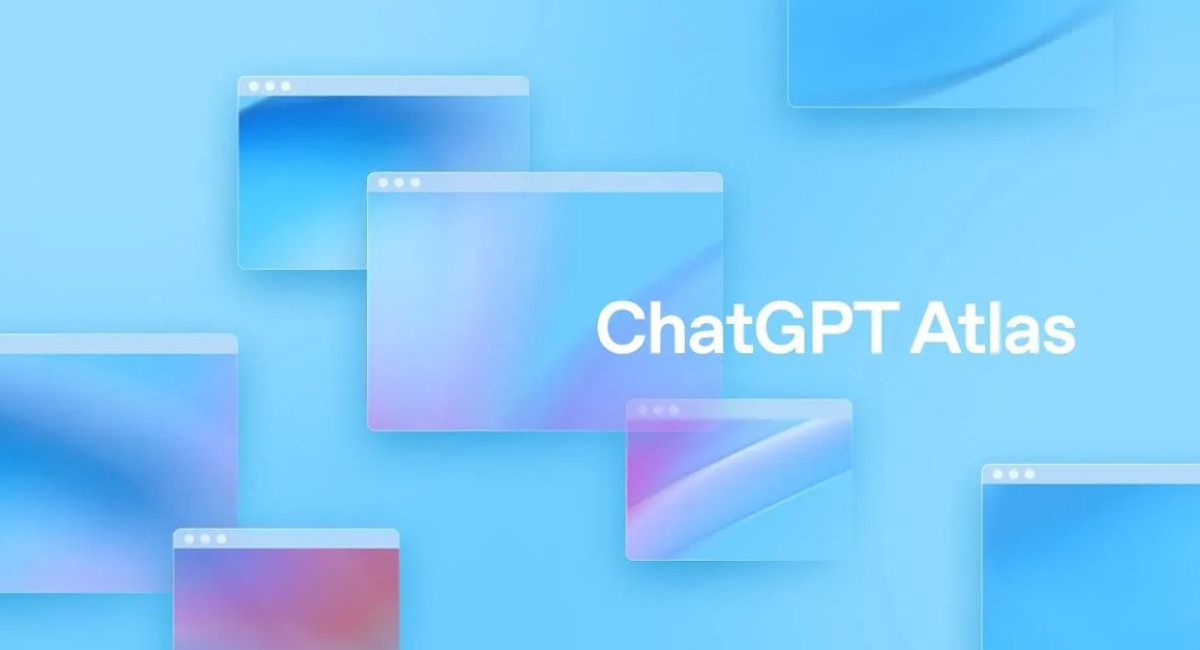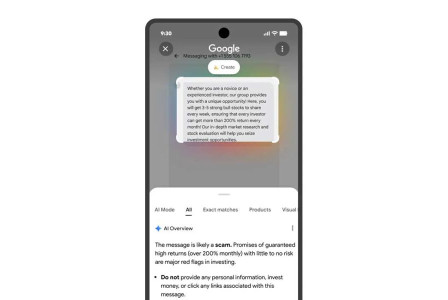SEARCH
ChatGPT Atlas: An AI browser aiming to redefine how we surf the web

SHARE IT
In a surprise live event that caught the tech world off guard, OpenAI announced ChatGPT Atlas — a brand-new AI-powered web browser designed to take on industry giants like Google Chrome and Microsoft Edge. With this bold step, OpenAI isn’t just expanding the capabilities of ChatGPT; it’s venturing directly into one of the most competitive corners of the tech landscape: the web browser market.
For years, Google Chrome has dominated both desktop and mobile browsing, serving as the default gateway to the internet for billions of users. OpenAI’s ChatGPT Atlas enters this arena with a clear goal — to challenge that dominance by blending traditional browsing with deeply integrated artificial intelligence. Rather than reinventing the wheel, Atlas builds upon the familiar design of conventional browsers, offering tabs, bookmarks, and incognito modes. But at its core, it transforms the browsing experience by placing ChatGPT at the very center of user interaction.
At first glance, Atlas looks like any modern browser. Yet beneath its minimalist interface lies a highly intelligent system capable of understanding, analyzing, and acting on web content in real time. The built-in ChatGPT Agent can summarize articles, compare products, extract data, or even interact with websites — all without the user having to leave the page. In essence, Atlas aims to turn passive browsing into an active, AI-assisted experience.
One of its standout features is the ChatGPT sidebar, which can be opened on any tab. From there, users can instantly generate summaries, perform comparisons, or analyze data drawn directly from the webpage they’re viewing. This eliminates the need to copy and paste information into ChatGPT or search for additional tools. Everything happens in one place, seamlessly integrated within the browsing experience.
Another major addition is ChatGPT’s memory feature. Atlas can remember key details from a user’s past interactions — for example, preferences, previous searches, or topics of interest — and recall them when relevant. This gives the browser an almost personal-assistant-like quality, making web navigation more contextual and efficient.
In Agent Mode, the AI becomes even more powerful. It can perform actions across websites, such as filling forms, finding data, or comparing information between pages. However, OpenAI has been careful to emphasize safety and transparency. Users can take manual control at any time, and the Agent operates within strict security limits. It cannot download files, install extensions, or access sensitive information like saved passwords or local files. Additionally, pages visited in Agent Mode are not stored in the browsing history, further protecting user privacy.
ChatGPT Atlas also offers a flexible and intuitive search experience. When users perform general web searches, they can easily toggle between different result types — such as text, images, videos, or news — much like on Google or Bing. The goal is to provide a fluid, intelligent search experience without overwhelming the user with ads or irrelevant content.
Privacy remains a central pillar of the Atlas experience. Users have full control over what sites ChatGPT can access, can delete browser memories, clear history, and use incognito mode whenever they wish. OpenAI has emphasized that Atlas’s design prioritizes user agency — an important factor as public concern about data privacy continues to grow.
Currently, ChatGPT Atlas is available globally for macOS users, with downloads already open. OpenAI confirmed that versions for Windows, iOS, and Android are on the way. For now, the advanced Agent Mode will be offered in preview to ChatGPT Plus, Business, and Pro subscribers, giving premium users an early glimpse of the browser’s full capabilities.
As a limited-time incentive, OpenAI is temporarily increasing ChatGPT’s rate limits for those who set Atlas as their default browser on macOS. The higher usage cap lasts for up to seven consecutive days and applies exclusively to ChatGPT activity within Atlas — not through other browsers or the ChatGPT mobile app.
Beyond the technical features, ChatGPT Atlas represents a strategic shift for OpenAI. The company is moving beyond being a provider of AI models and positioning itself as a direct competitor to major players in the internet ecosystem. With Chrome holding a near-monopoly on web browsing, OpenAI’s entry signals an intent to redefine what a browser can do — turning it from a simple access tool into a smart, proactive digital partner.
Whether users will abandon Chrome’s familiarity for AI-driven browsing remains to be seen. But one thing is certain: with ChatGPT Atlas, OpenAI is no longer just shaping conversations — it’s reshaping how we navigate the web itself.
MORE NEWS FOR YOU

 Help & Support
Help & Support 

